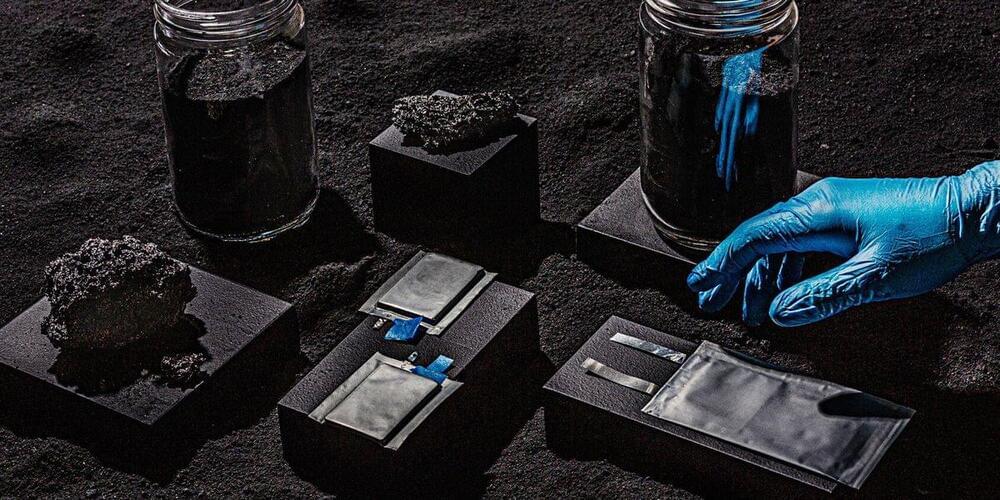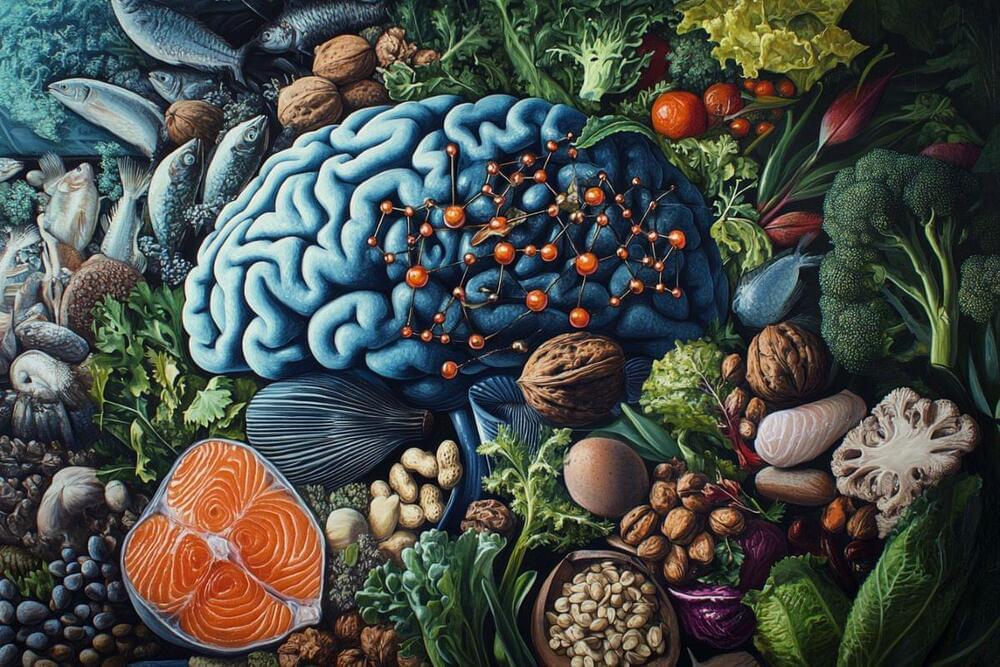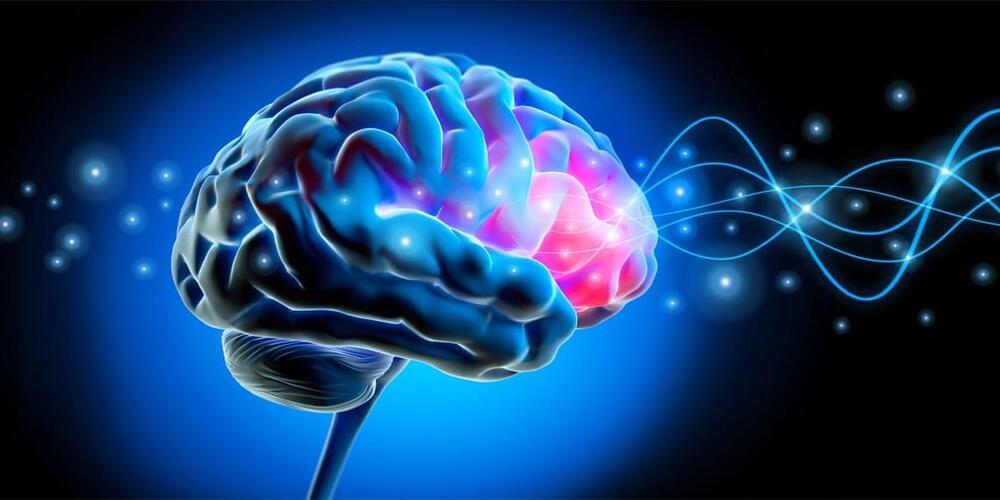Page 189
Dec 11, 2024
How To See The Last ‘Major Lunar Standstill’ This Weekend Until 2043
Posted by Genevieve Klien in category: space
This week’s ‘Cold Moon’ is the highest full moon of the year, but will also rise and set at its most extreme northerly points on the horizon. Here’s why.
Dec 11, 2024
Thousands of children exposed in major data breach — including names, addresses and social security numbers
Posted by Genevieve Klien in category: cybercrime/malcode
Dec 11, 2024
Ultrafast electron imaging captures never-before-seen nuclear motions in hydrocarbon molecules excited by light
Posted by Genevieve Klien in categories: chemistry, environmental
The interactions between light and nitroaromatic hydrocarbon molecules have important implications for chemical processes in our atmosphere that can lead to smog and pollution. However, changes in molecular geometry due to interactions with light can be very difficult to measure because they occur at sub-Angstrom length scales and femtosecond time scales.
Dec 11, 2024
Nanopore direct RNA sequencing finds cancer’s ‘fingerprint’ to improve early detection
Posted by Genevieve Klien in categories: biotech/medical, chemistry
Different types of cancer have unique molecular “fingerprints” which are detectable in early stages of the disease and can be picked up with near-perfect accuracy by small, portable scanners in just a few hours, according to a study published today in the journal Molecular Cell.
The discovery by researchers at the Centre for Genomic Regulation (CRG) in Barcelona sets the foundation for creating new, non-invasive diagnostic tests that detect different types of cancer faster and earlier than currently possible.
The study centers around the ribosome, the protein factories of a cell. For decades, ribosomes were thought to have the same blueprint across the human body. However, researchers discovered a hidden layer of complexity—tiny chemical modifications which vary between different tissues, developmental stages, and disease.
Dec 11, 2024
Diets That Reduce Brain Iron May Delay Cognitive Decline
Posted by Genevieve Klien in categories: life extension, neuroscience
Summary: New research suggests that certain nutrients may lower iron buildup in the brain, a factor linked to cognitive decline in aging. Excess non-heme iron, which accumulates over time, contributes to oxidative stress and can impair memory and executive function.
Over three years, participants with higher intake of antioxidants, vitamins, and iron-chelating nutrients showed less brain iron accumulation and better cognitive performance. These findings highlight the potential of diets like the Mediterranean or DASH to support brain health and combat age-related cognitive decline.
Dec 11, 2024
Elon Musk’s SpaceX fires up Super Heavy rocket ahead of 7th test flight
Posted by Genevieve Klien in categories: Elon Musk, space travel
While an official launch date has yet to be confirmed, reports suggest that SpaceX is targeting January 11, 2025, for the next flight. This date was mentioned in an email from NASA to the US Federal Aviation Administration (FAA), indicating plans to deploy an observation aircraft for the event.
Starship, which consists of two reusable stages € the Super Heavy booster and the upper stage known as Starship € stands approximately 400 feet tall when fully assembled, making it the largest rocket ever built.
Dec 11, 2024
New neuroscience research upends traditional cognitive models of reading
Posted by Genevieve Klien in category: neuroscience
A new study finds that the left posterior inferior frontal cortex activates within 100 milliseconds during reading, playing a critical, early role in turning text into speech, challenging traditional models that assumed a slower, step-by-step process.
Dec 11, 2024
Meta announces the construction of its largest data center to date
Posted by Genevieve Klien in categories: business, economics, employment, robotics/AI
The company has unveiled plans for a new data center in Richland Parish, Louisiana, marking a significant expansion of its global infrastructure. The $10 billion investment will be Meta’s largest data center to date, spanning a massive 4 million square feet. This state-of-the-art facility will be a crucial component in the company’s ongoing efforts to support the rapid growth of artificial intelligence (AI) technologies. Meta did not disclose an estimated completion or operational date for this facility.
The new Richland Parish data center will create over 500 full-time operational jobs, providing a substantial boost to the local economy. During peak construction, the project is expected to employ more than 5,000 workers.
Meta’s decision to build in Richland Parish was driven by several factors, including the region’s robust infrastructure, reliable energy grid, and business-friendly environment. The company also cited the strong support from local community partners, which played a critical role in facilitating the development of the data center.
Dec 11, 2024
Here Comes the Sun: USU Computer Scientists Develop Models to Predict Extreme Solar Phenomena
Posted by Genevieve Klien in category: robotics/AI

Soukaina Filali Boubrahimi and Shah Muhammad Hamdi lead NSF-funded research to craft a comprehensive solar flare catalog of images and data, along with data-driven, machine learning models poised to deploy in an operational environment.















